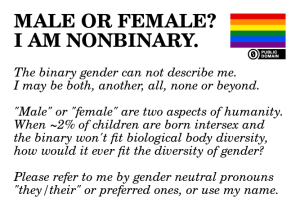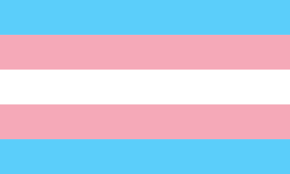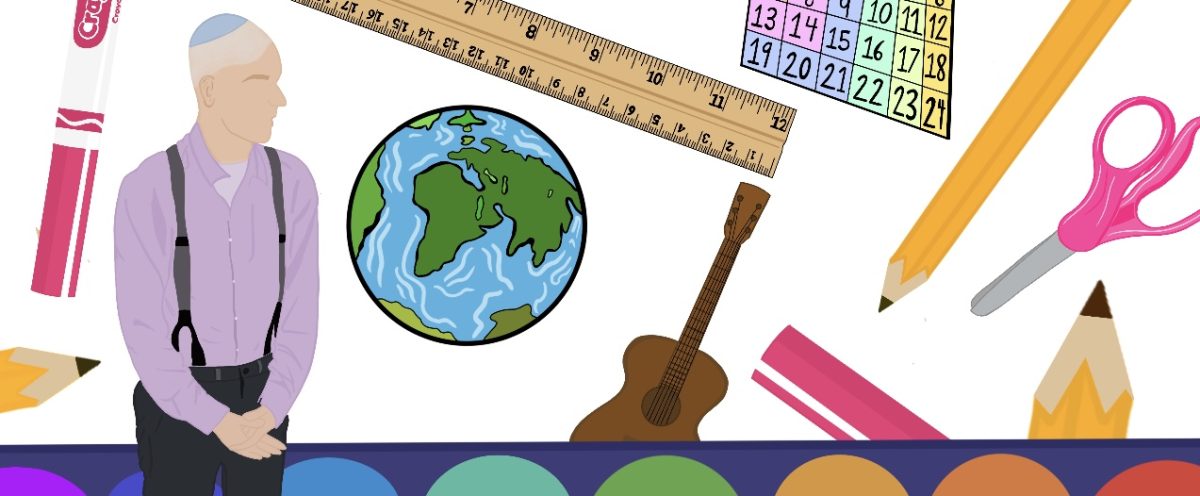Garvin’s “Symptoms Of Being Human” Offers A View Into The Life of a Gender Dysphoric Teen
March 11, 2019
Slider image by Madi Bell.
“Symptoms of Being Human” (Harper Collins 2016)written by Jeff Garvin, a former actor and musician, brings us into protagonist Riley Cavanaugh’s world of gender fluidity. Riley is struggling through high school, just like the rest of us. And just like the rest of us, Riley has a secret — Riley is gender fluid.
Gender fluid is when a person sometimes identifies as the gender they were born as, and sometimes they don’t. This is known as gender dysphoria, when a person is uncomfortable with the gender that they were assigned to at birth.

Riley is gender-fluid, so in this review, Riley’s pronouns will be expressed not as he or she. There are many ways to address Riley (they/their, xe/xem, ze/hir), I’m going to use ze/hir. Used in a sentence this would read, “ze wants you to use hir pronouns.”
Riley has several solutions to hir gender dysphoria. One is hir way of dress, old band t-shirts and jeans, another is whenever ze feel more feminine, Riley will cross hir legs and apply chapstick to hir lips. Or when Riley feels more masculine, ze will change the way ze sits or stands, opening hirself up more.
Generally, when people see Riley, Garvin’s characters and readers don’t know if ze is a boy or a girl. Garvin’s protagonist explains, “it’s like I have a compass in my chest, but instead of north and south, the needle moves between masculine and feminine. I know it’s not like that for all gender fluid people – but that’s the best way I can describe how it is for me.”
One of Garvin’s nasty teen-girl characters resorts to calling Riley “it.” It is never okay to call another person “it.” There are many problems surrounding this. Garvin wrote this book because of a transgirl (born male, identifies as female) who was suing her school for the right to use the girls’ locker room. When, over dinner, one of Garvin’s adult friends said it was “just a pervy boy trying to see some boobs,” Garvin waited for someone at the table to object, but no one did. This is a major problem. Most LGBTQ+ kids don’t feel safe to be themselves in their own schools because of some kid calling them “it” or not being able to go inside the locker room that feels right to them.
Most of the kids at Riley’s school treat hir as if ze doesn’t exist, bully hir, or use hir as a verbal punching bag behind hir back. That is until Riley meets one person, named Solo, who has empathy. As it turns out, Solo is on the football team. Riley meets another accepting student, Bed. Ze feels comfortable around Bec because she never judges hir. Riley isn’t too worried about what will happen if Bec knows hir secret, but Riley’s family is a whole different story. With hir dad in politics, it could ruin his image if Riley came out as gender fluid. But to Riley, that doesn’t matter as much compared to what would happen if hir parents didn’t accept hir.

If an LGBTQ+ person doesn’t get acceptance from the ones they love, it could do three things. 1) Make them stronger and more independent, 2) cause them to pretend it never even happened, or 3) go into depression and possibly attempt or commit suicide. This is why acceptance is so important. For Riley, hir accepting community is the people on Blogler, a blogging website like Tumblr. Riley posts hir true thoughts and emotions in hir blog under the alias name, Alix. Soon, Riley’s community expands to the people at The Q, an LGBTQ+ group in the area.
This book sucks you into the life of a gender fluid teen and is extremely hard to put down. It gives the perspective of how it is to live life afraid to be who you truly are. “Symptoms of Being Human” gives you a better understanding of how hard it is to live as Riley does, in fear. This book is a must read; it has drama, comedy, you feel such a strong connection to Riley, and it has just a smidge of romance.












































































